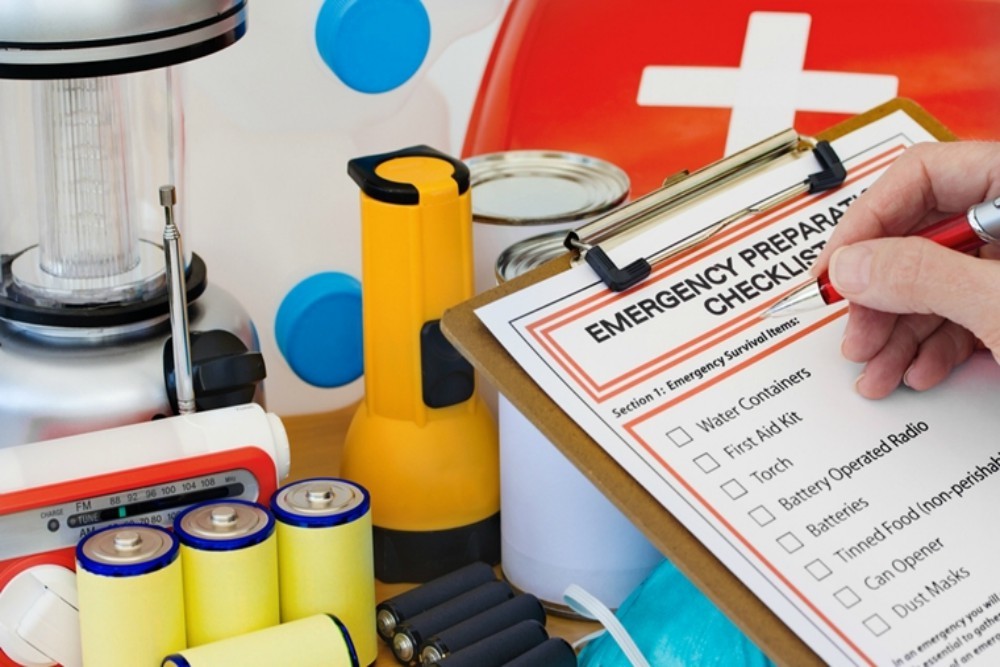Anne Arundel County issued the following announcement on Sept. 26.
September 23-29 is focused on the theme of “Saving for an Emergency” as part of September’s National Preparedness Month. A disaster may strike at any time, so get prepared today so you are ready when an emergency happens. “Saving” for an emergency means both gathering emergency supplies and preparing financially.
An emergency supply kit provides simple items that will prepare you and your family to be self- sufficient for at least three days, the time it may take for a coordinated response in a disaster. For a recommended list of items in an emergency supply kit, visit https://www.ready.gov/build-a-kit
Here are a few tips to help build an emergency supply kit on a budget:
- Collect Supplies at Home: Start by gathering supplies that you probably already have on hand in your home such as flashlights, batteries, basic first aid supplies, moist towelettes, spare clothes, old blankets, etc. Assemble them now so you do not have to scramble to find them in an emergency.
- Gradually Gather Supplies: Slowly add items to your kit by purchasing one or two things from the checklist a month. Use manufacture’s coupons to help reduce the cost of supplies such as canned goods, granola bars, toiletries, etc.
- Store Your Own Water: Use empty soda and juice bottles or jugs with screw on tops to store water. Avoid jugs used for milk and avoid breakable glass bottles. Before filling with chlorinated (tap) water, thoroughly clean the containers with dishwashing soap, rinse, and sanitize the bottles by cleaning with a solution of 1 teaspoon of non-scented liquid household chlorine bleach to a quart of water. Then rinse and refill with tap water. Water that has not been commercially bottled should be replaced every six months. Filled bottles and jugs can also be stored in the freezer to help keep food cold in power outages.
- Buy in Bulk: Purchasing items, including non-perishable food and bottled water, in bulk can be less expensive than buying individual items. Find a neighbor or friend and buy items together.
- Gather financial and critical personal, household, and medical information.
- Consider saving money in an interest-bearing emergency savings account that could be used in any crisis
- Keep a small amount of cash at home in a safe place. It is important to have small bills on hand because ATM’s and credit cards may not work during a disaster when you need to purchase necessary supplies, fuel, or food.
Original source can be found here.



 Alerts Sign-up
Alerts Sign-up